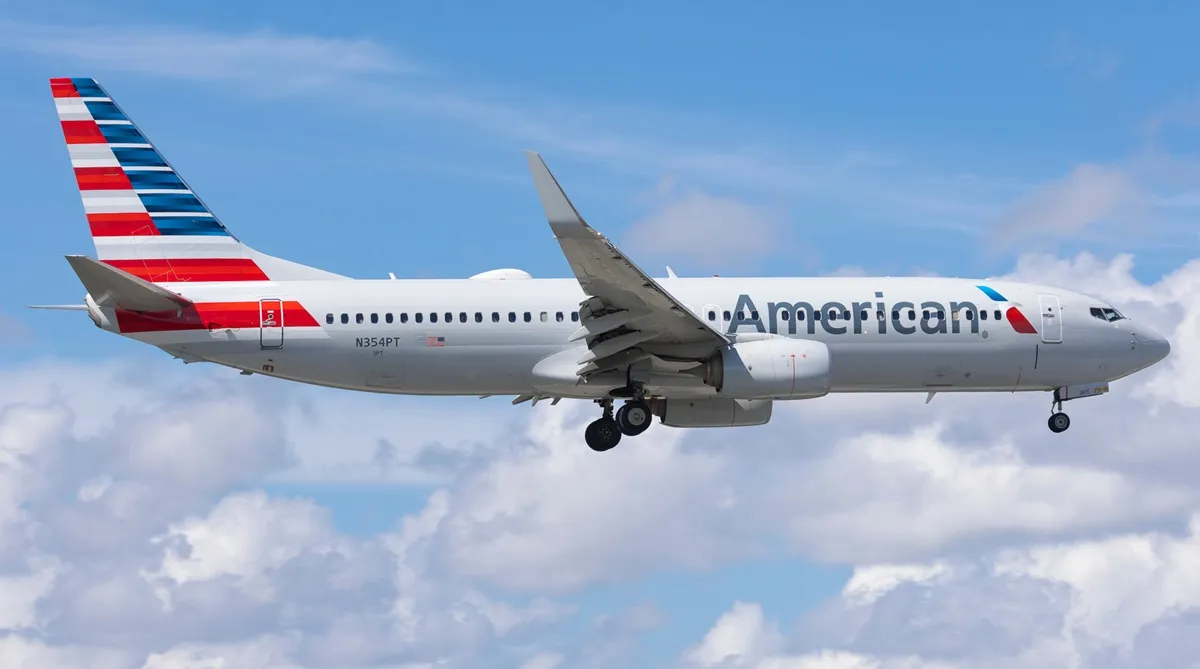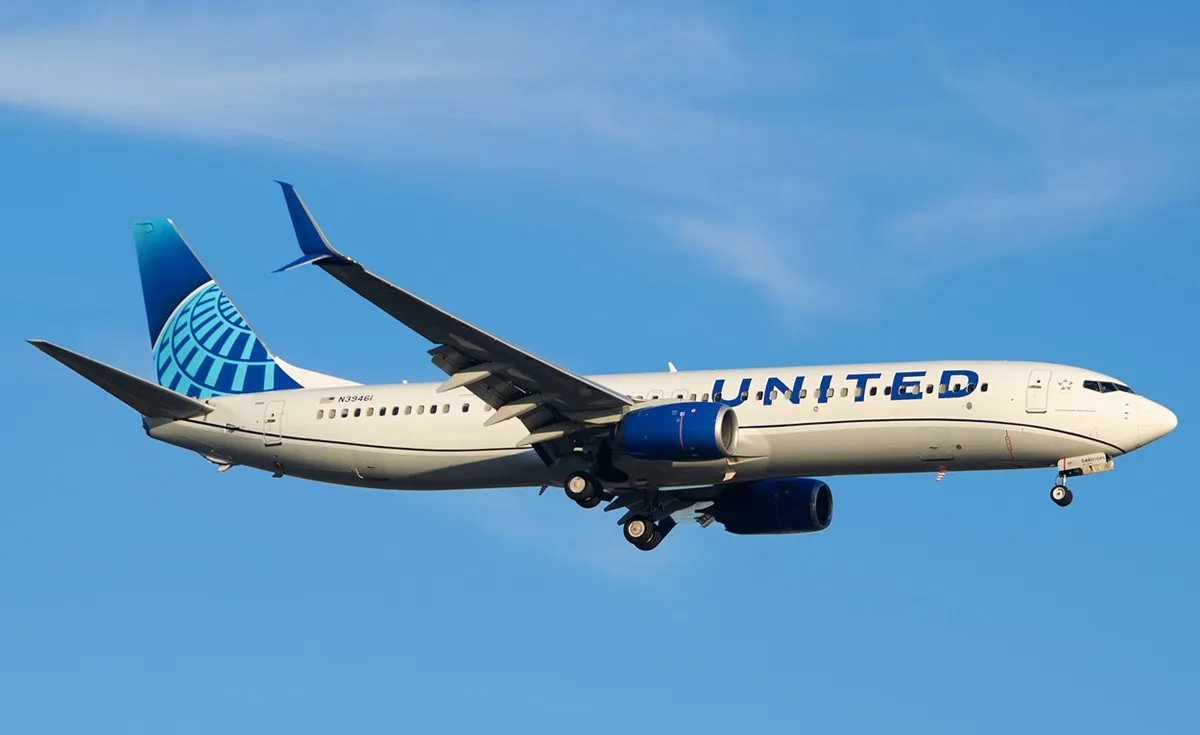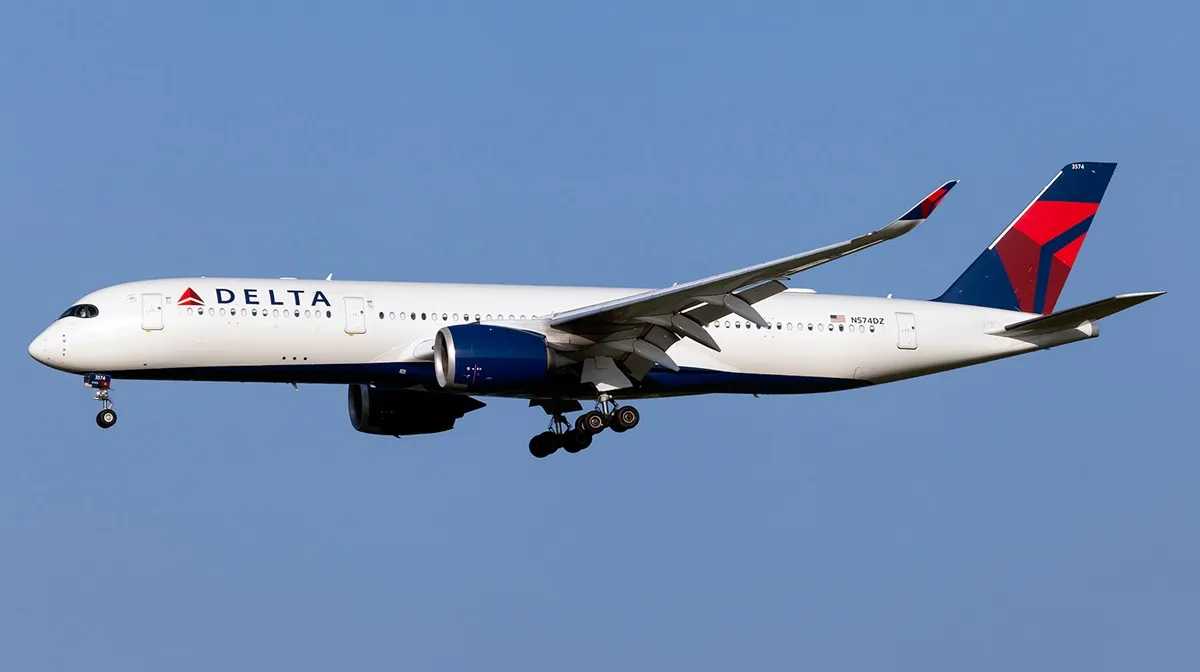
Southwest Airlines has been sued in the state of New York for not paying its staff weekly. The employees have filed suit, asking for $100 million in damages and requesting a jury trial.
Southwest Airlines is one of the largest airlines in the world in terms of fleet size. Founded in 1967, Southwest has captured the hearts of many Americans with its two, free checked-bag policy and its current open-seating policy.
Unfortunately, as of late, the airline has not captured the heart of some of its ground workers in New York.
Represented by Sanford Heisler Sharp McKnight, the staff have filed a lawsuit against Southwest seeking $100 million in damages.
The suit was filed in the United States District Court for the Eastern District of New York. The two primary plaintiffs in the suit are Richard Strain and David Garner.
According to a report from Fox 2 Now, New York Labor Law requires that manual workers be paid weekly, which Southwest has not been doing.
The report says that Southwest has opted to pay its staff bimonthly. Michael Palmer, one of the managing partners of the firm, who is representing the plaintiffs, said,
“Southwest’s refusal to pay its manual workers every week is inconsistent with the state law’s purpose of protecting individuals who depend upon their regular wages for sustenance. No worker living paycheck to paycheck should have to wait to receive their earned wages.”
- airlines be enjoined from continuing unlawful practices
- Southwest cover all attorney fees and litigation costs
- all penalties and civil damages assessed by state and federal agencies
- pre and post-judgement interest
- other legal and equitable relief the court finds necessary, just, and proper.
Richard Strain and David Garner are both longtime employees of Southwest, with 16 and 15 years at the company, respectively.
Both work on the ramp at their respective airports, Strain in Islip and Garner in Buffalo. As mentioned above, there are others in the proposed plaintiff class, 100 or more current or former employees of Southwest.
New York Labor Law defines manual workers are those who “spend more than a quarter of their time performing physical tasks, including lifting, loading, and unloading baggage and cargo, cleaning airplane lavatories, and assisting with snow removal.”
Andrew Melzer, the other attorney representing the plaintiffs, said,
“By retaining the wages of its manual workers beyond the timeframes set by the NYLL, Southwest benefits and benefitted from delaying the payment of wages at the expense of the plaintiffs and class members. This illegal practice allowed the airline to utilize those funds for its expenses or accrue interest in its business accounts, while its manual workers struggle to meet their basic household needs. This is exactly what the statue is designed to prevent.”
In the state of New York, Southwest operates at the following airports:
- Buffalo Niagara International Airport
- Long Island McArthur Airport
- LaGuardia Airport
- Albany International Airport
In October 2023, Southwest was fined almost $430,000 in the state of Arizona. Four mechanics alleged that Southwest had retaliated against them for using their sick time. However, more than ten mechanics took formal action against Southwest.
Rui Leonardo, president of the union that represents the mechanics, Aircraft Mechanics Fraternal Association Local 32, said,
“We work a lot outside. We’re working with our hands up above our heads for many hours. We’re on our knees crawling into tight spaces. They’re just asking to use their earned benefit.”
Leonardo added,
“You have many companies out there saying, ‘Don’t come to work if you’re sick.’ But then if you call in sick, you’re gonna get in trouble. It’s a weird pickle that they’re putting us in on something that we earned.”



